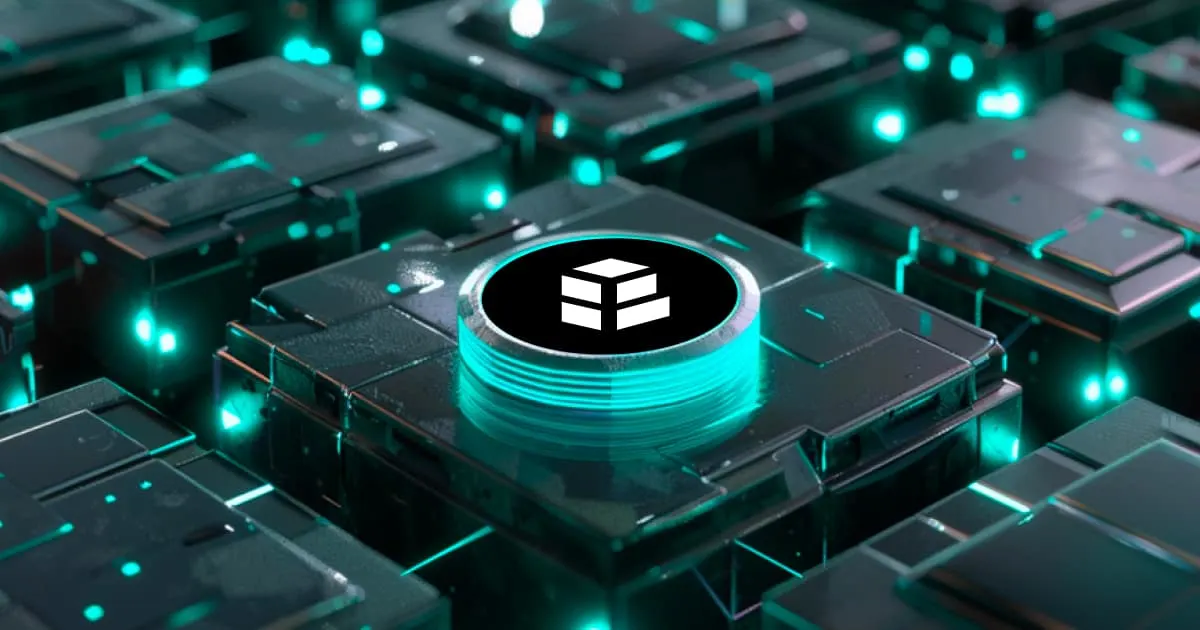What Is Bancor Network (BNT)?

Bancor Network (BNT) has been gaining significant popularity in the world of decentralized finance (DeFi). This renewed interest can be attributed to Bancor's pioneering approach to automated liquidity provision, which addresses critical issues in the DeFi space, such as slippage and liquidity bottlenecks.
Bancor Network Explained
Bancor Network, often simply referred to as Bancor, is a decentralized liquidity protocol that enables users to swap between different cryptocurrencies without the need for a centralized intermediary. What sets Bancor apart from other DeFi platforms is its automated liquidity provision system, which eliminates the need for order books and allows users to trade directly from their wallets.
The Bancor project was founded by Eyal Hertzog, Guy Benartzi, and Galia Benartzi. The team's vision was to create a financial infrastructure that was open, accessible, and resistant to censorship. Bancor's approach to achieving this goal is through a unique type of token called a "Smart Token."
Smart Tokens on Bancor Network
At the heart of the Bancor Network are Smart Tokens, which are programmable tokens that hold one or more reserve cryptocurrencies. These Smart Tokens are designed to maintain a constant ratio between their own value and the reserve tokens they hold. This feature allows for the creation of automated and decentralized liquidity pools.
For example, let's say you want to create a Smart Token that holds both Ethereum (ETH) and BNT. You can do so by depositing an equal value of ETH and BNT into the Smart Token's reserves. The Smart Token will then automatically calculate its exchange rate based on the current reserve balances. This means that users can swap ETH for BNT (or vice versa) directly through the Smart Token without needing to match orders on an exchange.
Key Features of the Bancor Network
Now that we have a basic understanding of how Bancor Network works, let's explore some of the key features that make it a standout DeFi protocol.
1. No Order Books or Counterparties
Traditional exchanges rely on order books, which require buyers and sellers to find counterparties for their trades. Bancor eliminates this step by allowing users to trade directly with the Smart Tokens, which maintain their own liquidity.
2. Continuous Liquidity
Bancor's automated liquidity provision ensures that tokens are always available for trading. This is a stark contrast to decentralized exchanges (DEXs) like Uniswap, where liquidity can be limited, leading to issues like slippage.
3. Permissionless
Bancor is a permissionless protocol, meaning anyone can participate without the need for approval or Know-Your-Customer (KYC) checks. This aligns with the ethos of decentralization and financial inclusion.
4. Liquidity Mining
Users can earn rewards by providing liquidity to Bancor Network's pools through a process known as liquidity mining. This incentivizes users to contribute to the network's liquidity and stability.
Bancor Network in the DeFi Ecosystem
Bancor Network has played a pivotal role in the DeFi ecosystem by addressing some of the critical challenges faced by users and liquidity providers. For instance, Bancor's automated liquidity provision has made it easier for users to trade and swap tokens without experiencing the liquidity bottlenecks seen on other platforms. By maintaining balanced reserves, Bancor also significantly. Bancor's success has spurred innovation in the DeFi sector, inspiring other projects to explore new ways of providing liquidity and trading assets.
Bancor's Native Token: BNT
BNT is the native token of the Bancor Network, and it plays a central role in the protocol's operations. BNT is used as one of the reserve tokens in Smart Tokens. This means that BNT is always available for users to trade with, providing a baseline level of liquidity for the network. BNT holders have the power to influence the direction of the Bancor Network through governance proposals. This democratic approach allows the community to make important decisions about protocol upgrades and changes.
Users who provide liquidity to Bancor pools can also earn BNT as rewards. This incentivizes liquidity provision and strengthens the network's stability. BNT is used to pay transaction fees on the Bancor Network, and a portion of these fees is used to buy and burn BNT tokens, reducing the overall supply. Designed to have cross-chain utility, BNT can be used on multiple blockchains and ecosystems.
Bancor Network Challenges
While Bancor Network has made significant strides in the DeFi space, it has not been without its challenges. One notable issue has been the occasional vulnerability to impermanent loss, which is a risk for liquidity providers when the price of the reserve tokens in a pool changes significantly.
Nevertheless, the Bancor team has been actively working on improving the protocol's design and addressing these concerns. Continuous research and development are crucial to maintain the protocol's security and stability.
Looking ahead, Bancor has ambitious plans for the future. The project aims to further expand its cross-chain compatibility, making it even more versatile in the rapidly evolving crypto ecosystem. Additionally, the team is exploring ways to enhance the governance process and increase community involvement in decision-making.
How to Trade Bancor Network (BNT) on Flipster
Sign up for an account on the Flipster website or by downloading the Flipster app (Android or Apple).
Click the [Trade] tab.
Search for BNT, and click on it.
Select the leverage (up to 20x).
Select either a Trigger Order or Market Order.
Input the amount of crypto you wish to trade, or select a percentage of your available funds to use.
Once you have confirmed the details, click the [Long] or [Short] button to open a position.
BNT Perpetual Swap Contract Specifications
Disclaimer: This material is for information purposes only and does not constitute financial advice. Flipster makes no recommendations or guarantees in respect of any digital asset, product, or service. Trading digital assets and digital asset derivatives comes with significant risk of loss due to its high price volatility, and is not suitable for all investors.